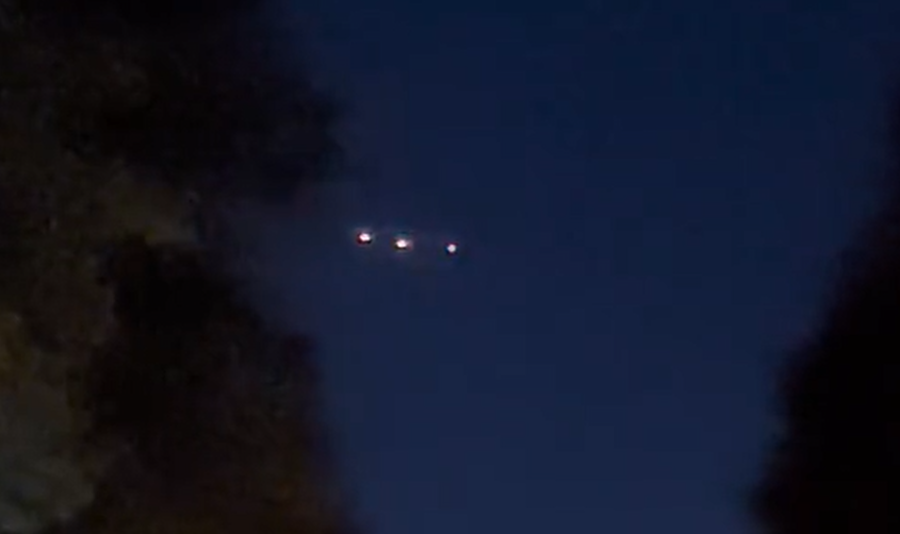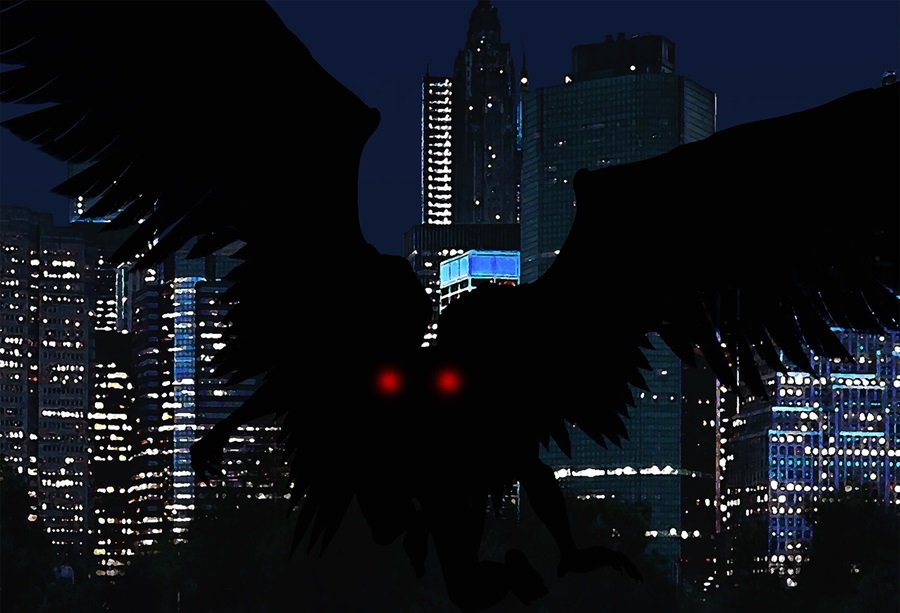Multi-Denominational Representatives Invited to Roman Catholic Church's Exorcism School in Response to Increasing Cases of 'Demonic Possession'
The Roman Catholic Church recently allowed representatives from a multitude of denominations to attend their annual exorcism class in Rome for the first time.
The Exorcism and Prayer of Liberation Course has been held annually for the past 14 years at Rome’s Pontifical University of Regina Apostolorum; a Vatican-affiliated university.
This inclusion comes on the heels of the Church’s assertion that demonic possession—and thus the need for trained exorcists—is on the rise.
Citing "a rise in the popularity of 'pagan activities', such as using a Ouija board to summon the dead, the failure of the mental health care system, a spiritual void in the lives of Americans and the diminishing authority of the Church," experts on exorcism from Italy and America have been calling for an increase in exorcists to help stem the satanic tide since at least 2016.
Catholic church officials claim that the Internet has helped disseminate spiritual corruption to young people everywhere, and although the number of exorcists employed has increased in recent years there still aren't enough to handle the growing epidemic.
"We are called to fight against the Devil with all our might and determination," said keynote speaker and Catholic priest Jose Enrique Oyarzun to the assembled aspiring exorcists in Rome.
Pope Francis himself has made numerous calls to action against the machinations of Satan on Earth.
"He is evil, he's not like mist. He's not a diffuse thing, he is a person. I'm convinced that one must never converse with Satan—if you do that, you'll be lost," he recently told a Catholic news service.
The Church has long struggled with demonic possession in the face of modern medical diagnoses of mental illness, and distanced itself from the practice for many years; it wasn’t until 2014 that the International Association of Exorcists was recognized under Canon Law.
Canon 1172 has long dictated that "No one may lawfully exorcise the possessed without the special and express permission of the local Ordinary. This permission is to be granted by the local Ordinary only to a priest who is endowed with piety, knowledge, prudence and integrity of life."
But, in light of recent declarations regarding the dangers of demonic influence, that stance has changed.
"This is the first time that different denominations have come together to compare their experiences on exorcisms," said Spanish priest and theologian Pedro Barrajon, one of the exorcism convention's organizers.
"The idea is to help each other, to establish best practices if you will," he explained. "The Catholic Church is most associated with exorcisms because of films like The Exorcist and The Rite, but we are not the only church that performs them. Expelling the devil goes back to the earliest origins of the Christian Church."
Because of the seriousness with which the subject is approached, its important to the Catholic Church that exorcisms be performed to certain standards.
"Some of the other churches are more creative, they don't use a precise format," said Father Barrajon while addressing the conference.
Despite the shift towards taking possession more seriously, the Church still cautions that mental illness must also be taken into account.
"It's important to differentiate between psychopathic illnesses, neurasthenia, pathologies," said Cardinal Ernest Simoni during his keynote address to last year's class. "Satan you can recognize."
However, in an address last March to hundreds of priests taking a course on confession organized by the Apostolic Penitentiary, Pope Francis advised that they "should not hesitate" to refer potential cases of possession to an exorcist.
"They could also have spiritual disturbances, whose nature should be submitted to careful discernment," he said, "taking into account all the existential, ecclesial, natural and supernatural circumstances."
The existence of mental illness, according to Pope Francis, should not lead to the conclusion "that all the cases related in the Gospel had to do with psychological disorders and hence that the devil does not exist or is not at work."
If you enjoyed this article and would like to support the Singular Fortean Society, please consider becoming an official member by signing up through our Patreon page—membership includes a ton of extra content and behind-the-scenes access to the Society’s inner workings.


















